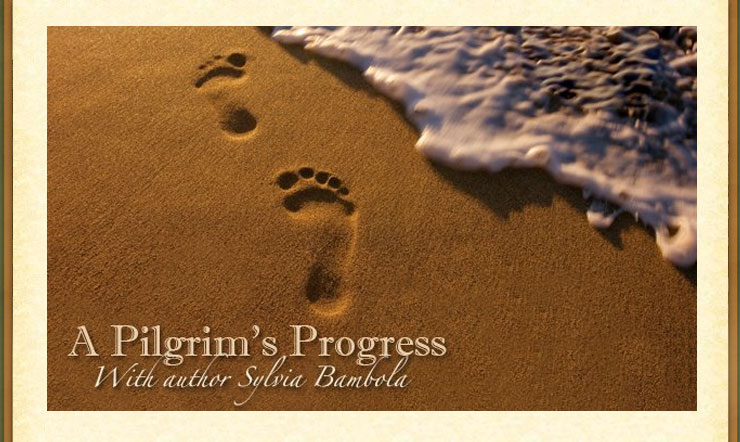The Math of Forgiveness
Monday, 18 November 2013 16:27:00I’m sure the Apostle Peter thought he was being really generous when in Matthew 18:21-22 (Amplified) he asked Jesus, “Lord, how many times may my brother sin against me and I forgive him and let it go? As many as seven times?” Jesus responded with, “I tell you, not up to seven times, but seventy times seven!” I bet Jesus’ answer made Peter grit his teeth. He never figured on that number. Let’s see, 70 x 7 = 490. That’s a lot of forgiveness!
I’m sure it makes many of us grit our teeth, too, because it sounds so overwhelming. But at least there’s an end to it and when we keep our spread sheet and tally all the times someone offended us and they finally reach number 491 we can cross them off our list, right? And say, “That’s it Bub, no more forgiveness for you.” No. It’s worse than that. Remember numbers in the Bible have meaning, and the number seven, which appears nearly 500 times in scripture, is symbolic of completion or wholeness as well as a complete cycle. So what Jesus was saying wasn’t that once your adversary hits the 491st mark, you no longer have to forgive, rather it is the completion of one cycle and the beginning of another. In other words, forgiveness is endless. We can never stop forgiving others.
God takes forgiveness seriously. In the Lord ’s Prayer, Jesus said “forgive us our debts as we forgive our debtors.” Note the word “as” which carries a condition. If we don’t forgive others God won’t forgive us. Indeed, Jesus confirms this in Matthew 6:14-15, “if ye forgive men their trespasses, your heavenly Father will also forgive you: But if ye forgive not men their trespasses, neither will your Father forgive your trespasses.” Jesus, in Matthew 18:21-35, again illustrates this message in the parable of the “wicked servant,” who wouldn’t forgive his fellow servants so his master wouldn’t forgive him. Luke 6:37b also confirms it, “forgive, and ye shall be forgiven.”
It’s clear that forgiveness must be part of our walk with the Lord, a big part. Without it we can close ourselves off to God and His forgiveness. It’s not worth holding on to a grudge or offense. In reality, the only one we hurt is ourselves. Usually the offending person has no clue how we feel and goes along his/her merry way, while we are left stewing in bitterness and anger, which by the way does a whole lot to mess us up physically.
On the other hand, if someone is mentally, physically or sexually abusive, God does not mean for us to continue letting that person get away with it. If necessary we need to remove ourselves from that dangerous environment but when we do, we leave forgiving the offender. It’s not impossible when we realize forgiveness doesn’t imply that what that person did was OK. It simply means we let go of our right to revenge, anger, bitterness, etc, and place that person in God’s hands, for His judgment. But in addition to forgiveness we need to pray for that person. Forgiveness combined with prayer often produces the most amazing results because it leaves God free to be God and to accomplish His purpose not only in our life but in the life of the offender.
Until next time,
Sylvia




